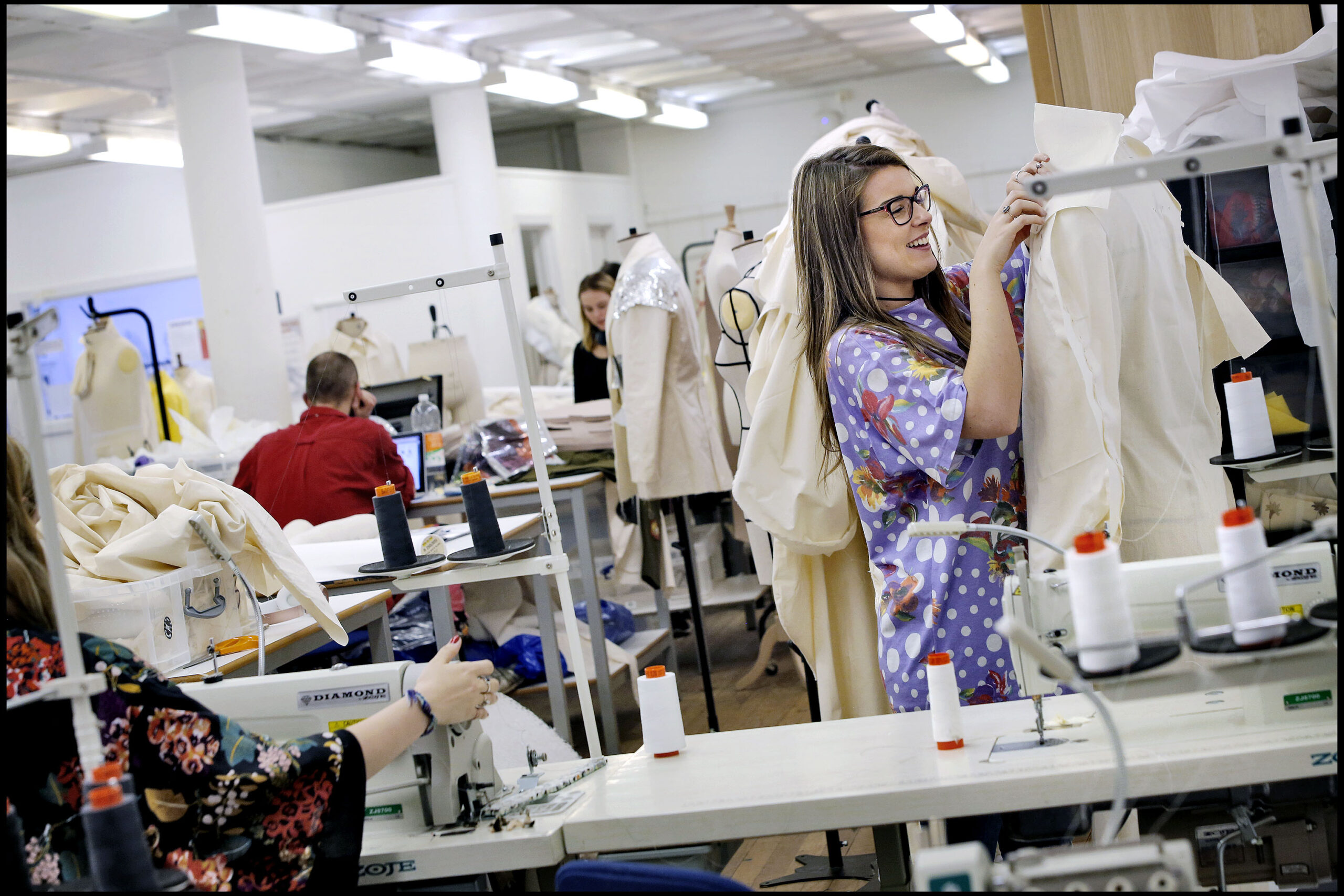
EUSA President Alec Edgecliffe-Johnson reflects on his work experience while studying at Edinburgh.
Over the past seven years I’ve had about a dozen different jobs, none of which I entered with any experience. Despite the lack of qualification, I was met with respect and interest by colleagues at every job, many of whom offered me advice. I am eternally grateful for this acceptance and advice. I have found the following three pieces of advice to be particularly useful and applicable. You might like to share these with your students, or use my advice to think about how you might help your students to think about their future careers.
Develop a skills-based approach
Even if you don’t know what you want to do, you can still prepare to do it. Most jobs, in fact most activities in life it seems, hinge on the same core set of skills. Each specific job will tack on a few more skills, operating principles and specific bodies of knowledge, but the core is often the same.
Some skills/knowledge that seem to belong to this core include: emotional intelligence, learning how to learn, prioritisation, working in a group, basic human psychology, effective communication, and accepting (and, when appropriate) embodying criticism. The University of Edinburgh has a set of graduate attributes that it believes its students will attain. Working to acquire and develop these attributes is a clear path to investing in your future. .
You don’t have to have a ‘job’ in order to learn these skills. You can acquire them in your studies, through The Edinburgh Award, in sports/societies, in volunteering groups, in discussion groups, in social situations, from books and online learning.
Question conventional career “wisdom” and the way everyone else is doing it.
Ask yourself what you want to get from any kind of work experience (when in doubt or unsure, use the graduate attributes framework above) – you don’t need to follow the crowd. You may find that an 8-10 week internship in a corporate environment is not what you really want or need.
This can be tough when your friends are all getting internships and when it seems the recruitment system is designed to pull you into certain jobs. But there is some value in it. I learned far more in ‘unglamorous’ jobs at a car wash, as a caddie, and as a chef than I did at more ‘glamorous’ work experiences in insurance, private equity and at a think tank.
This is not to say that there isn’t merit in these larger jobs and established programs (there is!), but make sure these experiences are going to help you in the long run and that you aren’t simply being swept along.
Employ the knowledge of those who know better and think differently than you do.
For a long time I didn’t recognise my unwillingness to admit ignorance. Fortunately someone finally, gently, highlighted this to me. She taught me to ask questions of authorities on any subject, read whatever I can, and put myself into the right groups.
With that said, go and see the Careers Service. It is designed to help you figure out what you want to do and how you can develop different skills and your own career pathway. Go early, go often. Equally, be sure to make time in your day to read. The knowledge and frameworks for thought found in the right sources are invaluable.
Above all else, spend time with different groups of people (peers, mentors, professionals etc.) who will question what you think you know. They will help you avoid incorrect assumptions, give you a better understanding of what your career could be and ignore what you’ve heard it ‘should’ be.



